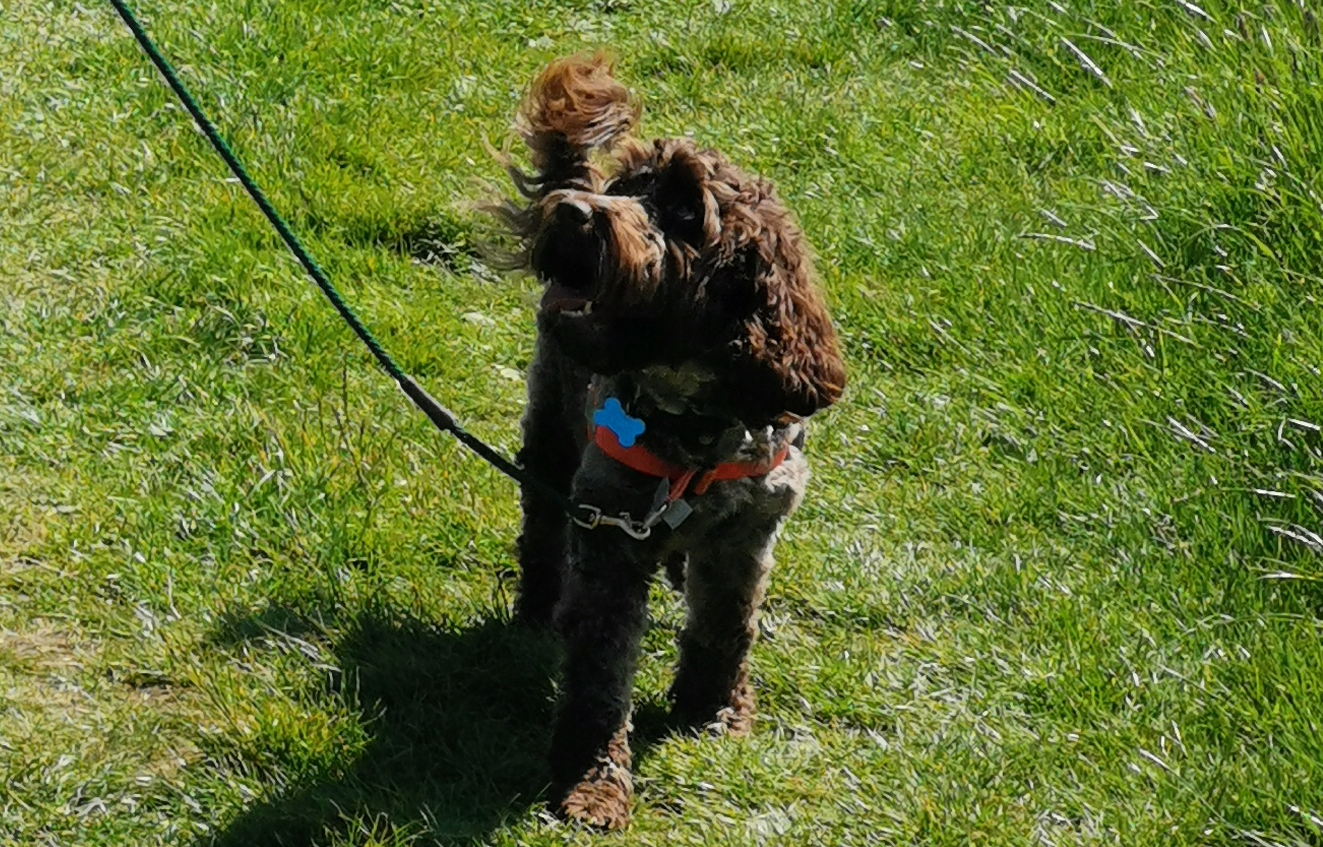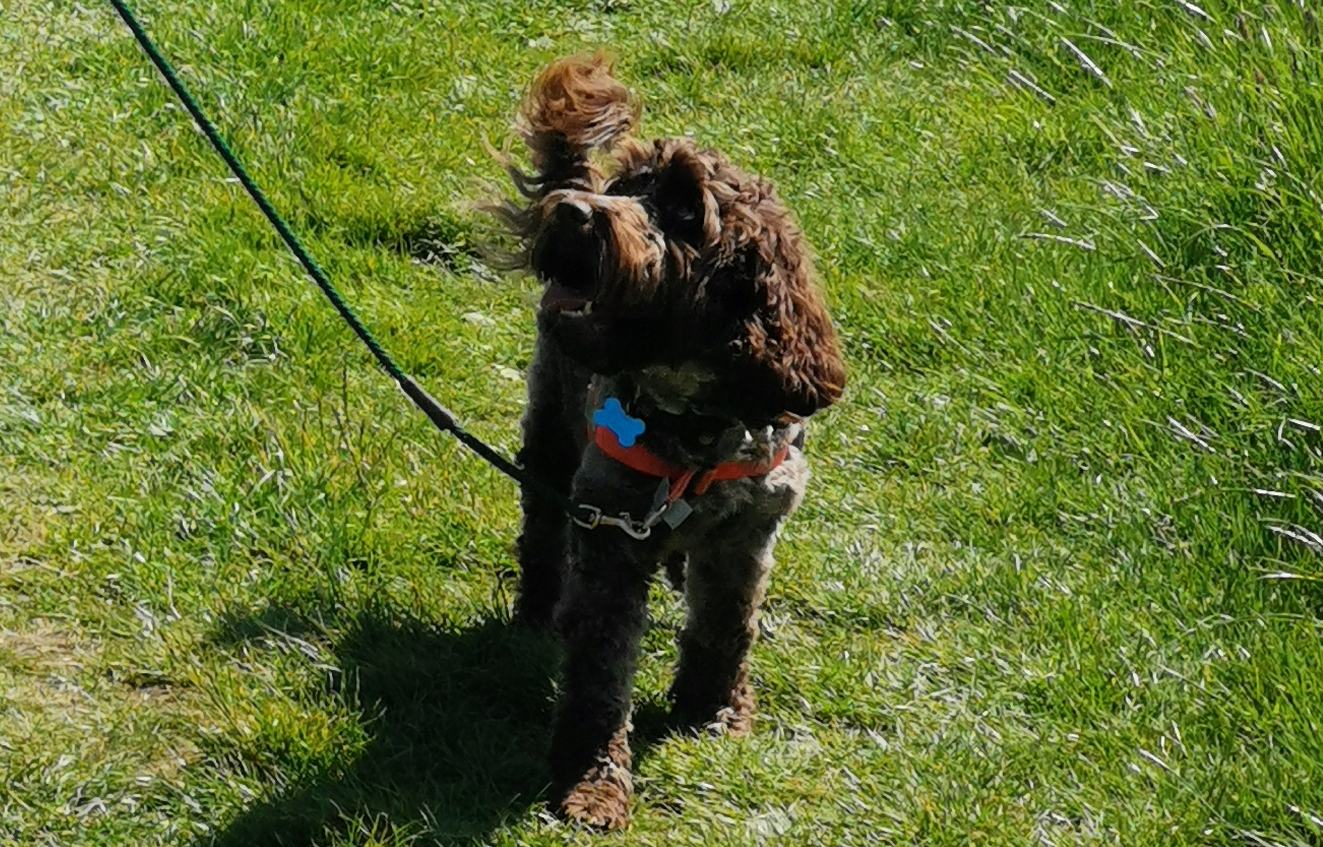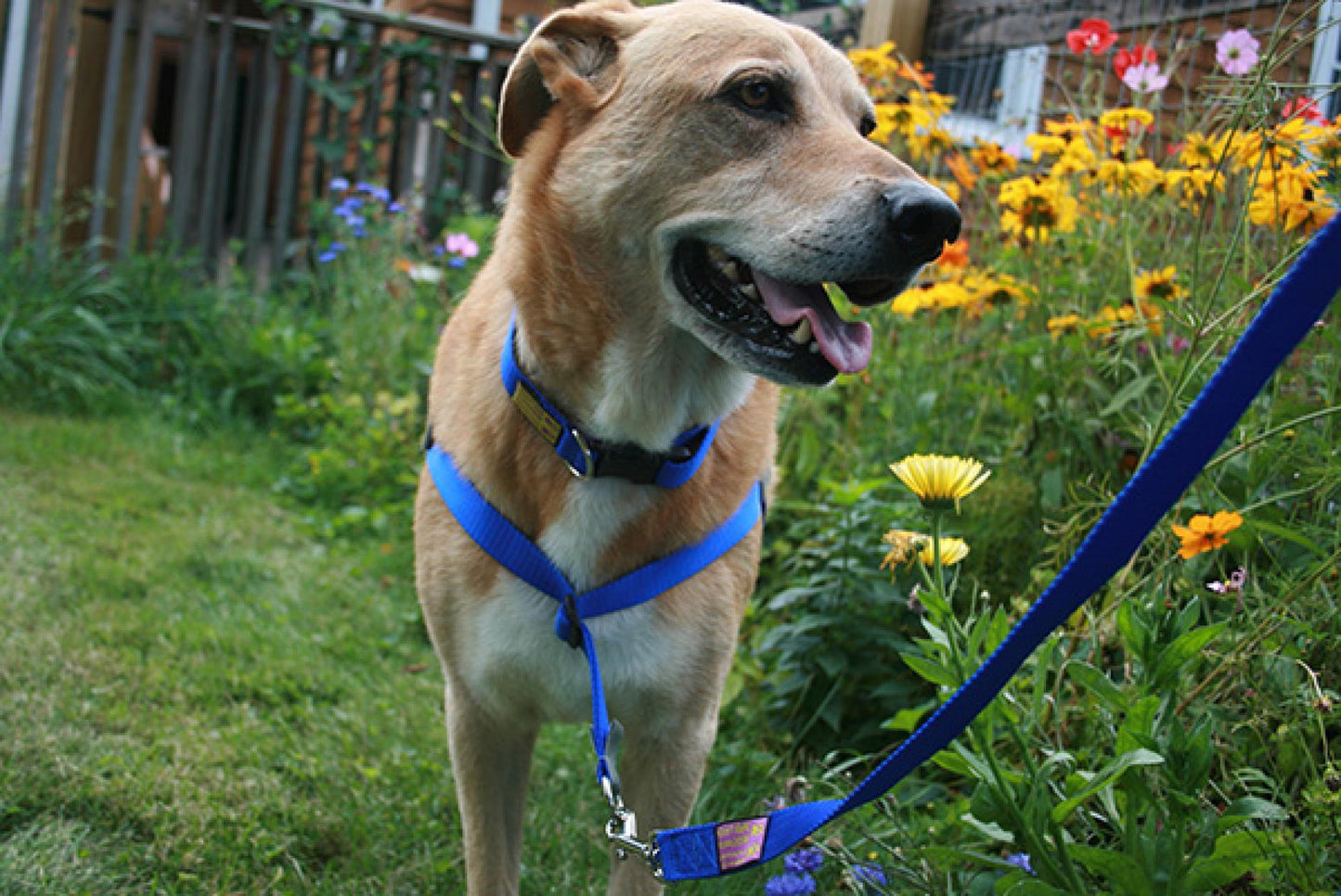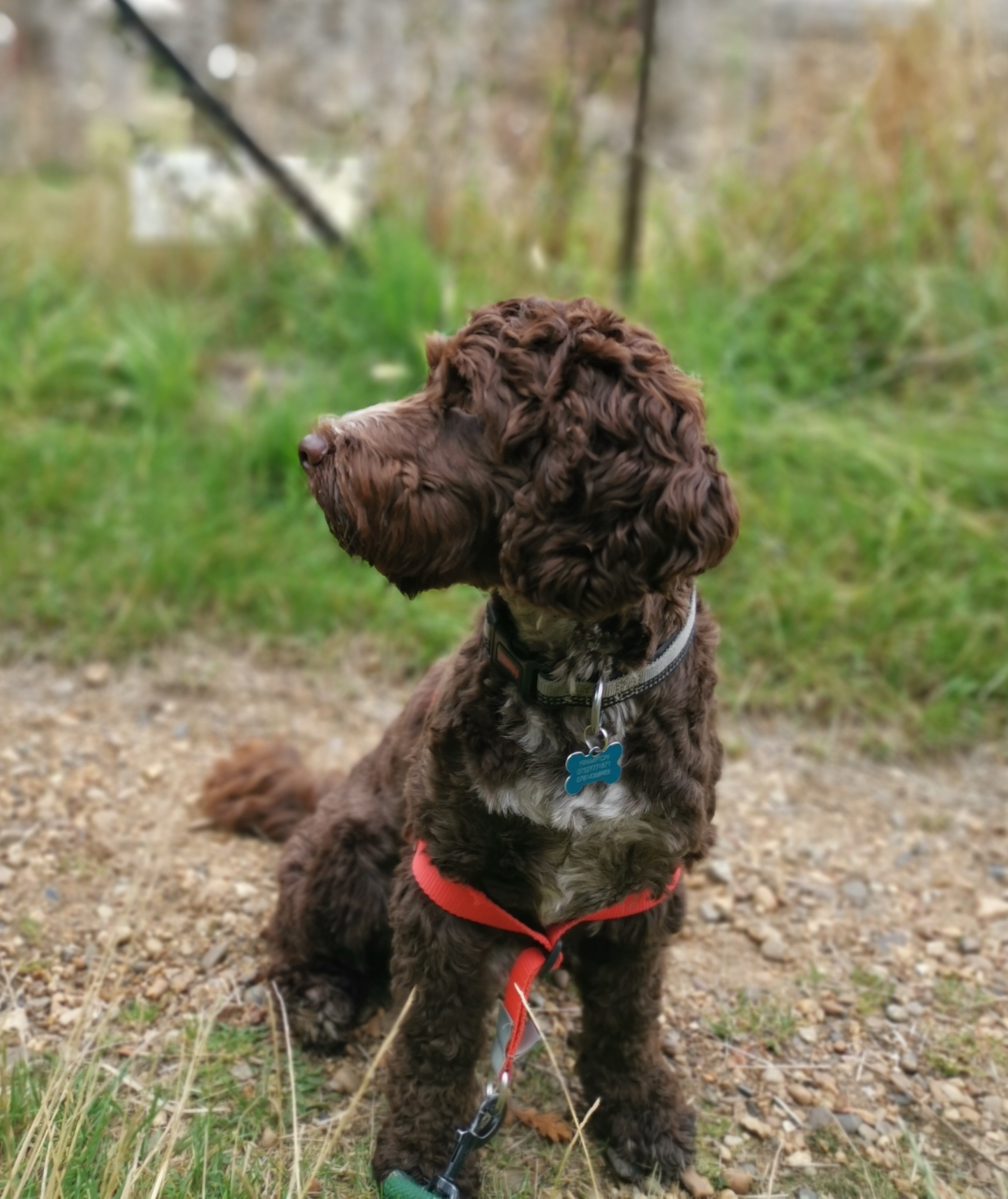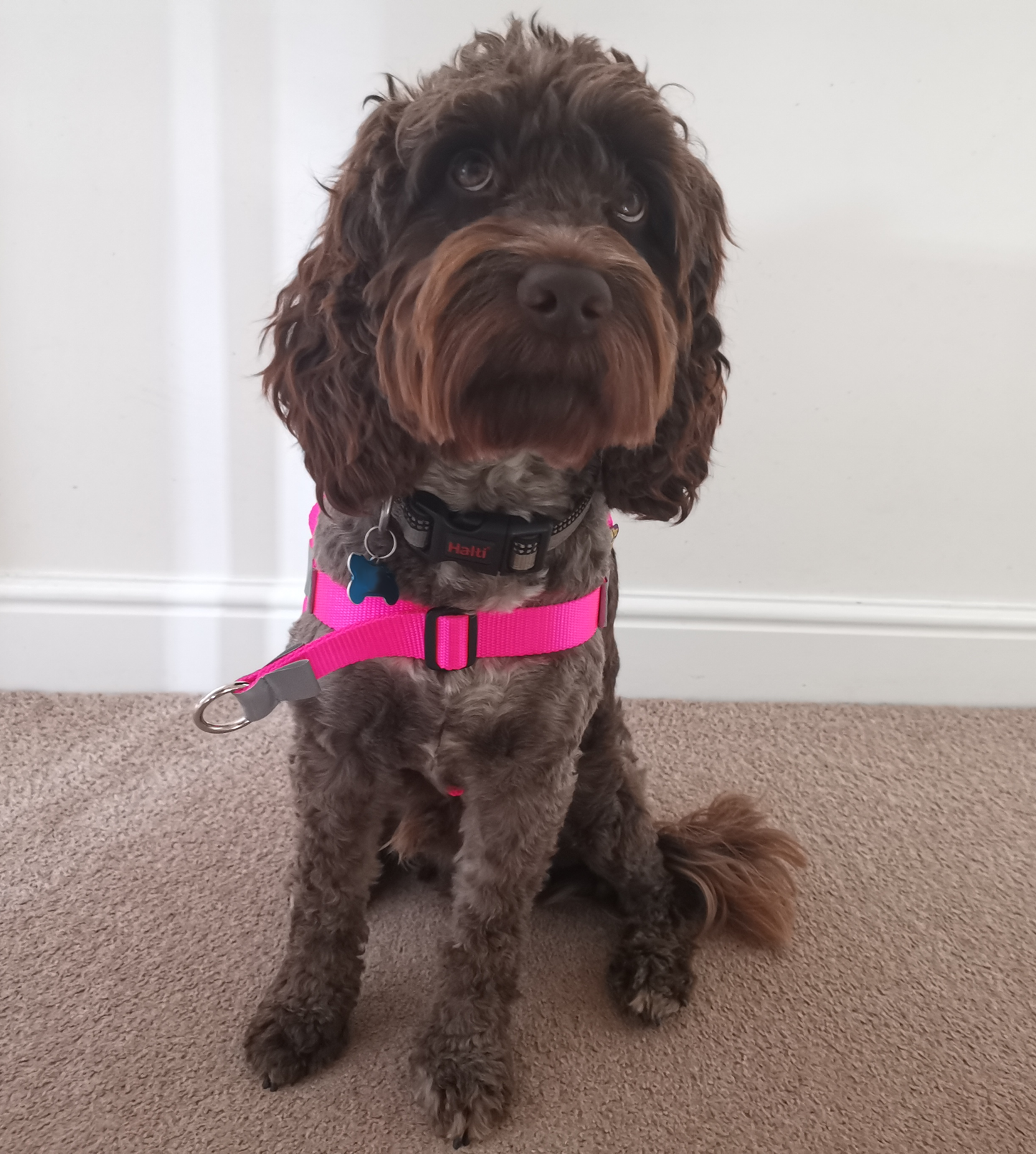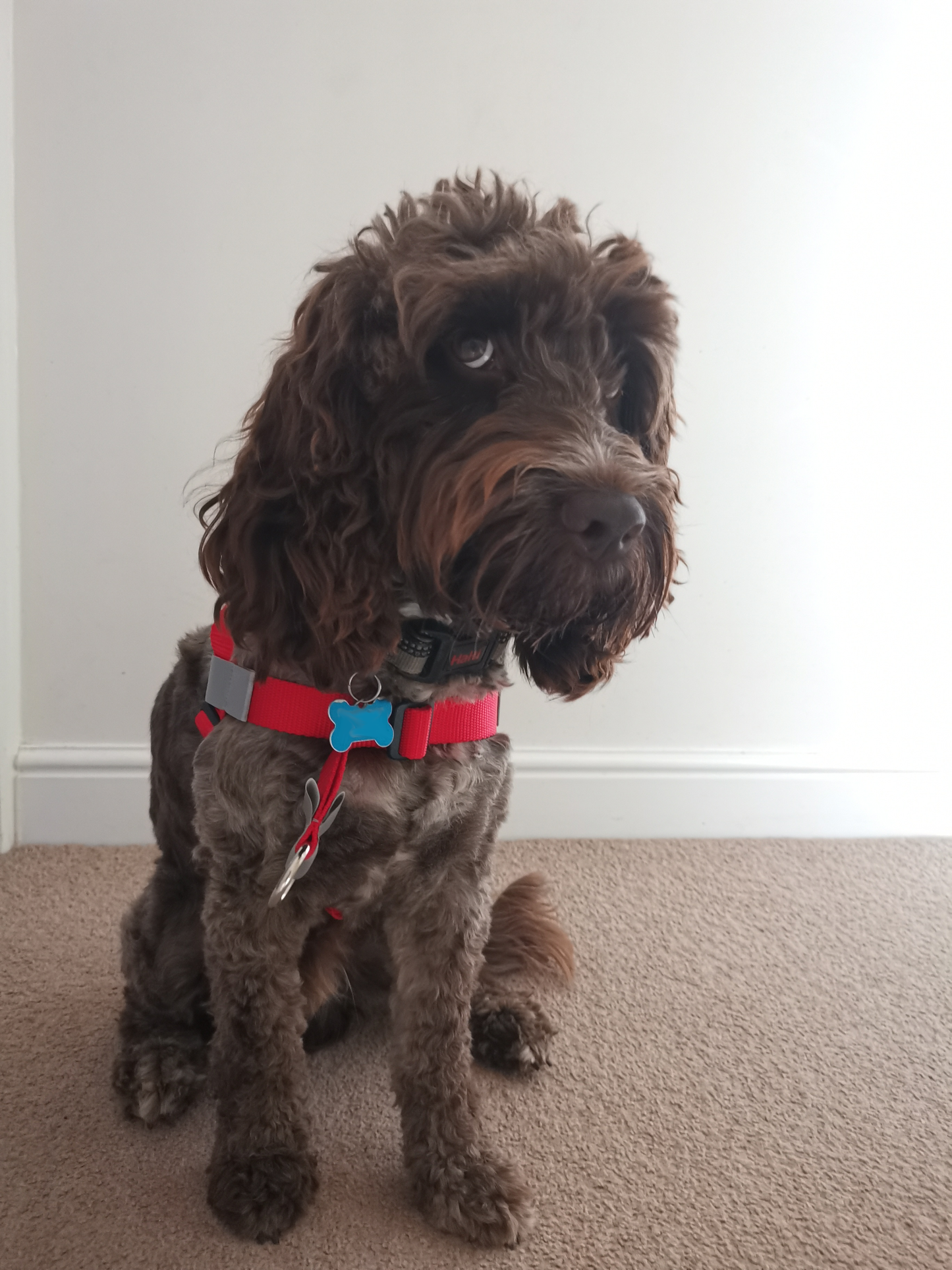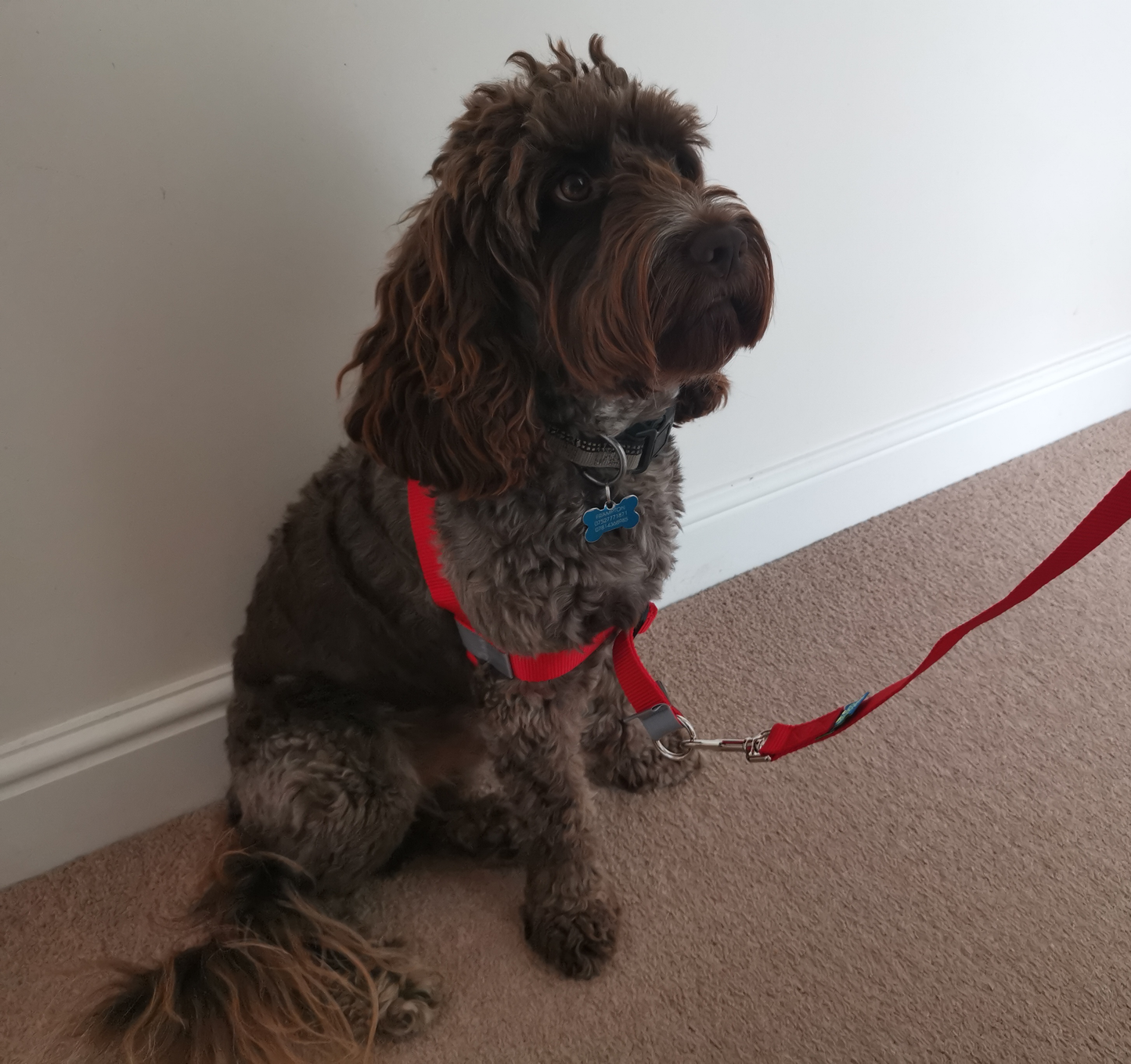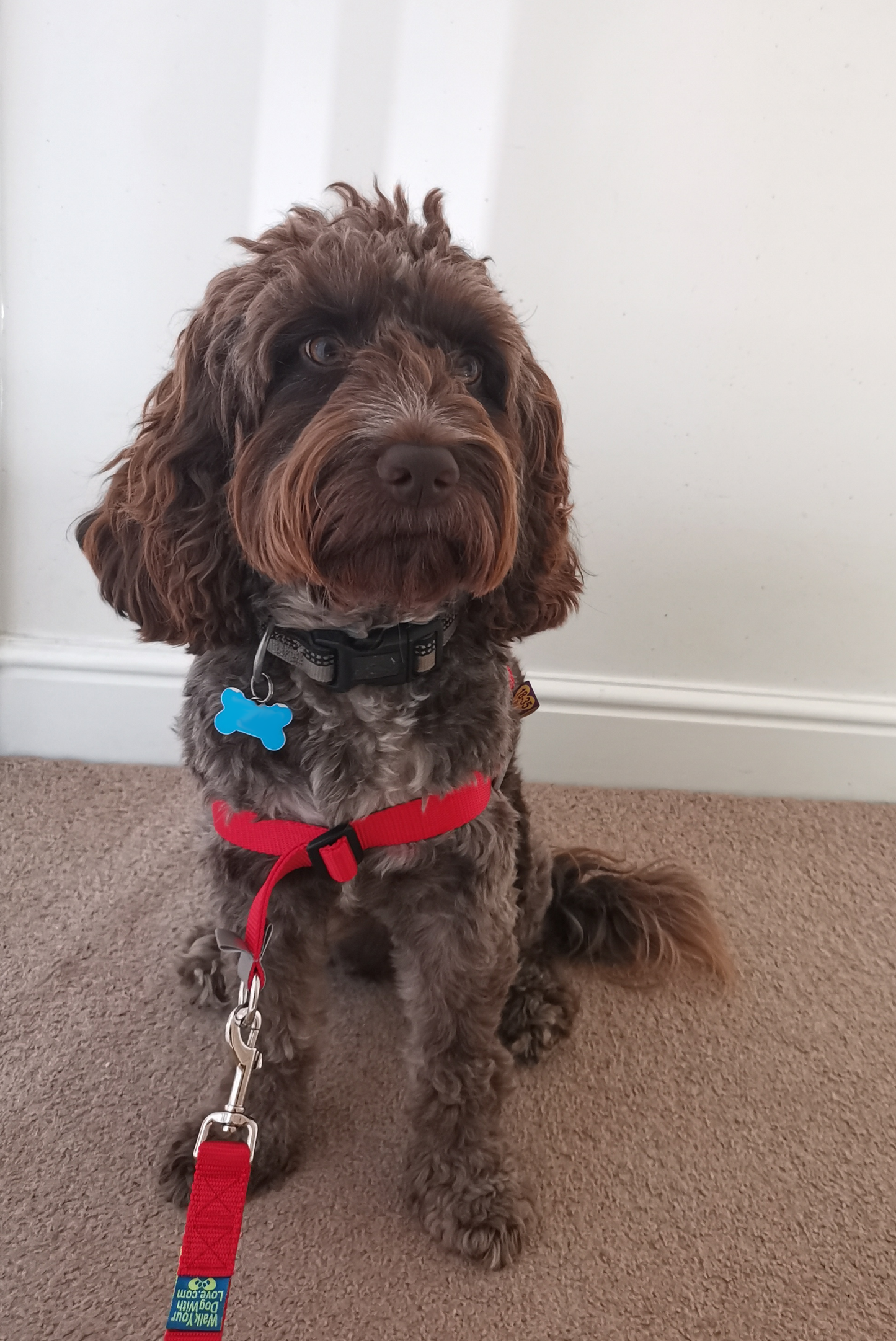A well-socialised dog is confident, calm, and able to handle new situations with ease. Socialisation is more than just playtime at the park — it’s about exposing your dog to different people, environments, animals and experiences so they learn how to behave appropriately and without fear.
Whether you’ve got a new puppy or an older rescue, it’s never too late to help your dog feel more comfortable in the world around them.
What Is Socialisation?
Socialisation is the process of teaching your dog how to interact positively with others. This includes:
-
Other dogs
-
Different types of people (children, elderly, men with hats, people with walking sticks, etc.)
-
New environments (parks, cafés, roads, public transport)
-
Unfamiliar sounds, sights and smells
Good socialisation reduces fear and anxiety, improves behaviour, and helps prevent aggression or overexcitement in social situations.
Why It Matters
Dogs that are not well-socialised may become fearful, reactive or overly excitable. This can make everyday activities like walks, vet visits or meeting visitors stressful for both you and your dog.
Proper socialisation leads to:
-
Better confidence
-
Easier training
-
Safer interactions with others
-
A more relaxed, happy dog
How to Socialise a Puppy
Puppyhood is the ideal time to socialise, particularly between 3 and 16 weeks old. At this stage, they are curious and less likely to react fearfully to new experiences.
Tips for early socialisation:
-
Invite calm, vaccinated dogs over for short play sessions
-
Gently introduce your pup to different sounds like hoovers, traffic or doorbells
-
Take short trips in the car or pram to expose them to different sights
-
Use treats and praise to create positive associations
Even once your dog is fully vaccinated and able to go out, continue building experiences in a safe, gradual way.
Socialising Adult Dogs
Older dogs can absolutely be socialised too, although it may take more time and patience.
Start slowly and follow your dog’s comfort level:
-
Use calm dogs for introductions, one at a time
-
Take walks in quiet areas before moving on to busier parks
-
Avoid overwhelming your dog with too many people or animals at once
-
Reward relaxed behaviour and give your dog space if they seem anxious
Consider working with a dog trainer or behaviourist if your dog has had negative experiences in the past.
Common Mistakes to Avoid
-
Forcing interactions: Let your dog approach in their own time
-
Ignoring stress signals: Watch for signs like yawning, lip licking, stiff posture or turning away
-
Overexposure: Introduce new things gradually to avoid fear
-
Thinking it’s all about dogs: Human socialisation is just as important
Final Thoughts
A socialised dog is not only easier to live with, but also more comfortable and confident in day-to-day life. Whether you’re raising a puppy or helping a nervous rescue settle in, socialisation is one of the greatest gifts you can give.
Go at your dog’s pace, keep things positive, and celebrate the small wins. With time, you’ll see a big difference in how your dog experiences the world.

